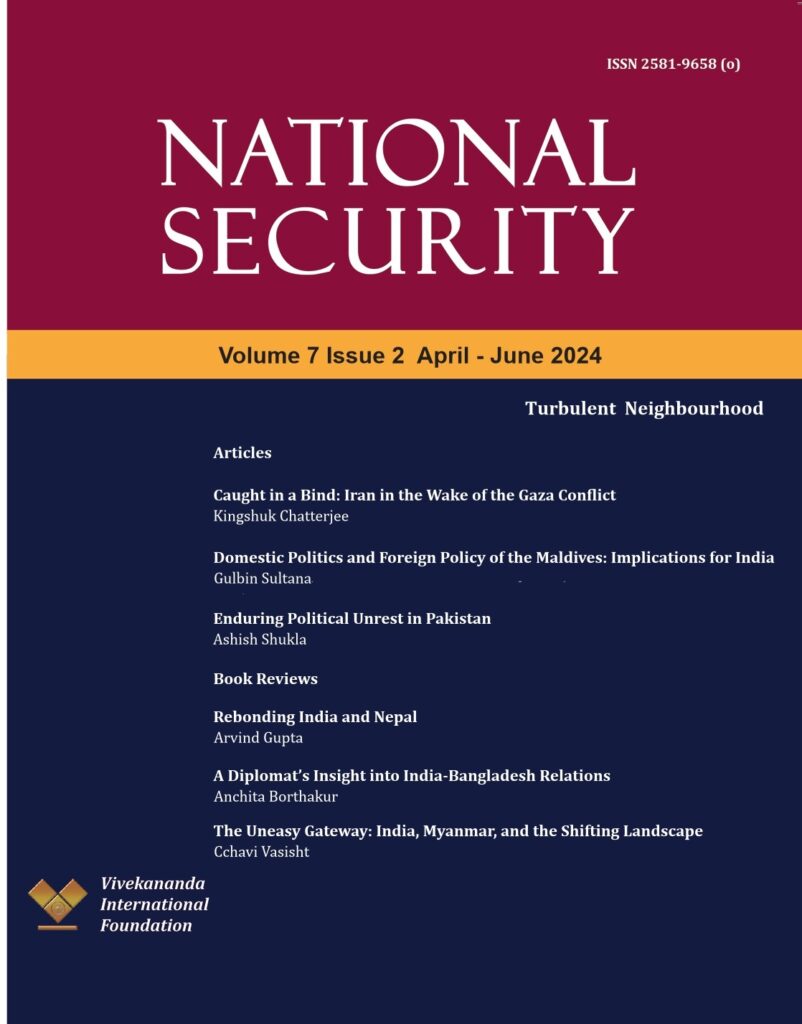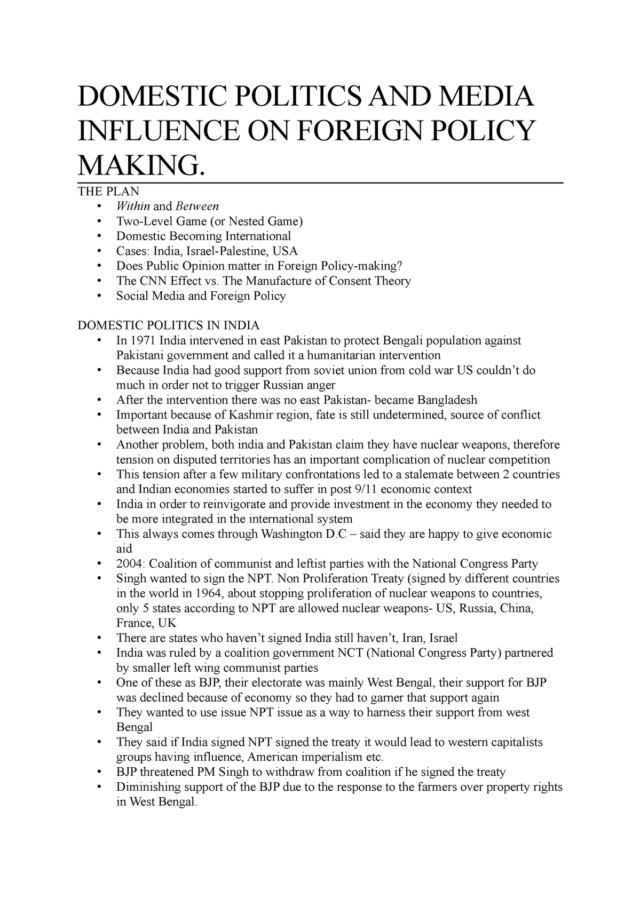U.S. Foreign Policy Impacts Domestic Politics
U.S. foreign policy is the nation’s plan for how it interacts with other countries. These actions include trade deals, alliances, military operations, and diplomatic efforts. What many people don’t realize is that foreign policy decisions often affect domestic politics in big ways. This connection between foreign and domestic matters isn’t always obvious, but it can influence everything from elections to public opinion.
For example, if the U.S. enters a trade agreement with another country, it can impact jobs in America. Similarly, military actions abroad can lead to debates within the country about the costs and benefits of war. Foreign policy isn’t just about international relationships; it directly affects Americans at home. This log will explore how U.S. foreign policy impacts domestic politics in several key areas.
Economic Impacts of Foreign Policy on U.S. Politics
One major way that U.S. foreign policy affects domestic politics is through the economy. Decisions made about international trade, sanctions, and foreign aid can have a direct impact on jobs, industries, and prices within the U.S. For instance, trade agreements with other countries can lead to cheaper goods for Americans, but they can also hurt U.S. industries if jobs are outsourced.
Politicians often debate these foreign policy decisions during elections. Some candidates might argue that certain trade deals hurt American workers, while others claim that these deals are essential for keeping the U.S. competitive globally. Voters are influenced by how these policies affect their daily lives. A worker in a factory may vote for a candidate who promises to end a trade deal that caused job losses in their industry, while a consumer may support a candidate who wants to keep prices low by maintaining the deal.
Foreign sanctions, where the U.S. limits trade with other countries, can also impact domestic politics. Sanctions might aim to punish countries for bad behavior, like human rights abuses, but they can also lead to higher prices for goods in America. This can become a point of debate between political parties, with one side pushing for tough sanctions while the other side argues for easing restrictions to lower costs for Americans.
Foreign policy decisions that affect the economy often shape voter opinions and become central to political campaigns. Politicians use these issues to gain support and build their platforms, making foreign policy a significant factor in U.S. domestic politics.
National Security and Its Influence on Domestic Policy

National security is another area where U.S. foreign policy has a direct impact on domestic politics. When the U.S. engages in military actions abroad, it can lead to debates at home about the role of the military and the cost of war. The decision to go to war, for example, can lead to political divisions within the country. Some Americans might support military action to protect the nation or promote democracy, while others might oppose it, citing the loss of lives and resources.
The War on Terror is a clear example of how foreign policy affects domestic politics. After the 9/11 attacks, U.S. foreign policy shifted dramatically to focus on fighting terrorism abroad. This led to military interventions in countries like Afghanistan and Iraq. At home, these wars sparked debates about whether they were justified and if they were achieving their goals. The financial cost of these wars, as well as the human toll, became hot topics in political discussions.
National security concerns also lead to changes in domestic policies, like increased surveillance and stricter immigration laws. After major foreign policy events, such as terrorist attacks, politicians often push for tougher security measures. This can lead to debates about privacy, civil liberties, and the balance between security and freedom. Domestic politics are heavily influenced by how safe people feel and whether they believe the government is doing enough to protect them.
National security, shaped by foreign policy decisions, directly influences voter behavior, political debates, and even domestic laws. The public’s concern for safety can shift political priorities and lead to significant changes in government policies.
Human Rights and U.S. Foreign Policy Impact on Public Opinion
Human rights issues in foreign policy also have a significant impact on domestic politics. The U.S. often takes a stand on human rights violations happening in other countries, whether by imposing sanctions, cutting off aid, or even threatening military action. These decisions can spark debates within the U.S. about the nation’s role in promoting human rights worldwide.
Some people believe the U.S. has a moral responsibility to intervene when human rights are being violated. They argue that the U.S. should use its power to protect people in other countries, even if it means spending money or sending troops abroad. Others, however, feel that the U.S. should focus more on domestic issues and that intervening in other countries can lead to unnecessary conflicts and costs.
Public opinion on human rights often shapes the political landscape. Politicians may use foreign policy actions to appeal to certain voter groups. For example, standing up against a country that is violating human rights can gain support from people who value justice and equality. However, if the public feels that too much focus is being put on foreign issues, especially when there are domestic problems like poverty or healthcare to address, it can lead to backlash against politicians who prioritize foreign interventions.
Foreign policy related to human rights becomes a tool for politicians to rally support or criticize opponents. It also shapes how the U.S. is viewed globally, which in turn influences domestic politics, as Americans care about the nation’s reputation and role in the world.
Immigration Policy and Its Ties to Foreign Relations
Immigration is another area where U.S. foreign policy and domestic politics intersect. How the U.S. interacts with other countries affects immigration patterns and policies. For example, when there are conflicts or economic crises in other countries, people may try to migrate to the U.S. to escape violence or poverty. The U.S. government then has to decide how to respond, and this response can become a major issue in domestic politics.
Debates over immigration policy are often heated. Some people believe that the U.S. should welcome immigrants and refugees, while others argue that stricter immigration policies are needed to protect jobs and national security. Foreign policy decisions, such as supporting or opposing a government in another country, can affect how many people seek refuge in the U.S. For instance, if the U.S. helps stabilize a foreign country, fewer people may feel the need to flee.
Immigration has become a key issue in U.S. elections, with political parties taking strong positions on how to handle the influx of people from other countries. Candidates often debate the best way to secure the borders, how many refugees to accept, and what to do with undocumented immigrants already living in the U.S. Public opinion on these issues is often influenced by the U.S.’s foreign policy actions and their consequences.
In this way, foreign policy decisions about other countries directly impact immigration patterns, which in turn shape domestic political debates and voter preferences.
Conclusion
The connection between U.S. foreign policy and domestic politics is complex and ongoing. Foreign policy decisions in areas like the economy, national security, human rights, and immigration can have profound effects on domestic political debates and elections. While foreign policy may seem distant from the daily lives of Americans, it actually plays a major role in shaping political opinions, laws, and leadership decisions within the country.
Understanding this connection helps explain why foreign policy is always a key issue in U.S. elections and why politicians often focus on international matters even when running for domestic office. U.S. foreign policy impacts the nation in more ways than just its relationships with other countries—it directly affects how Americans live, vote, and think about the world.










